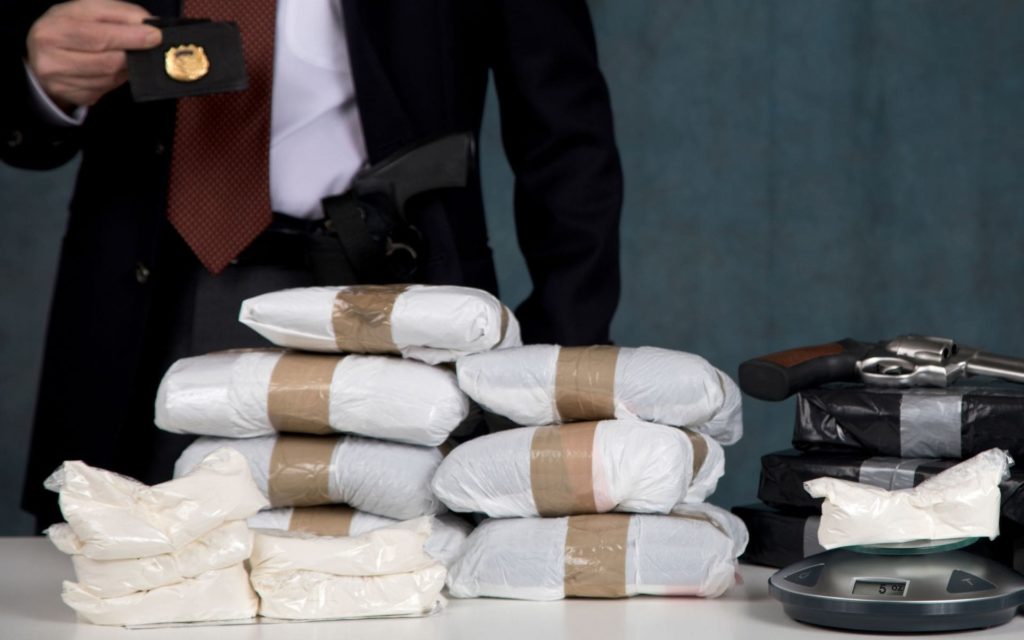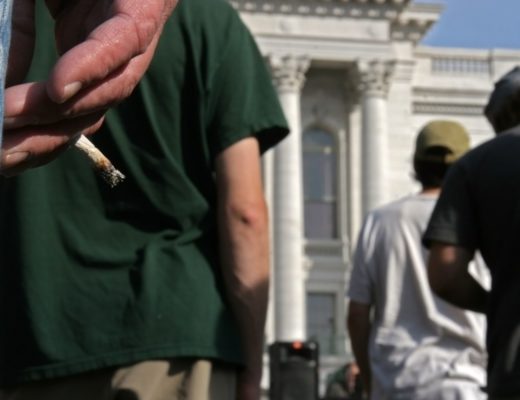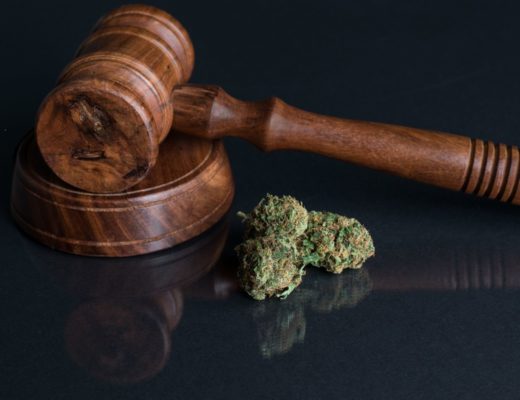Throughout the history of US drug policy, racism has persisted in the targeting and persecution of black and brown men. Particularly true for marijuana, where more than half are due to cannabis-related incidences out of the total number of drug arrests made in the United States. Of those arrests, it’s been known that a majority of those arrested are BIPOC, which stands for Black, Indigenous, and people of color.
Racism in Marijuana Arrests
Black people specifically are almost four times as likely to be arrested for marijuana compared to white people. This is a problem that has existed since the creation of modern drug law and has persisted to this day.
Even as states begin to loosen restrictions on the plant, many still face numerous injustices and persecution based solely on their race. Use of the term ‘marijuana’: Before we can get into the details of US drug policy, it’s important to acknowledge the racial undertones of the word ‘marijuana’.
How “Marijuana” is Racist
Cannabis, which is the plant’s correct formal name, has been referred to as marijuana since the implementation of modern drug law. The reason for this is due to anti-immigrant sentiment. Marijuana as a term is used in modern drug law to insinuate an inherent connection to the Latinx community. Therefore, its continued use in such policy is another identifier of drug laws’ racist undertones.
For the sake of accuracy, the word marijuana will be used in this article when in reference to drug policy, but I want to stress that the term itself is inherently racist.
 Racial Origins of the “War on Drugs”
Racial Origins of the “War on Drugs”
Many cite the start of Nixon’s War on Drugs as the beginning of racist modern US drug policy. However, the harsh regulations levied against racial minorities began well before the 1970s.
Anti-opium laws began to arise in the US around the 1870s. The direct intent was to target Chinese immigrants, not genuinely regulate drug usage. From there, the policies continued to expand until we reach 1971 when Richard Nixon launched his own War on Drugs. Nixon’s War on Drugs has long been revealed to be, at least partially, politically and racially motivated.
In order to target anti-war protestors and black citizens, a propaganda campaign was issued to get everyone to associate those two groups with ‘harmful’ and ‘dangerous’ drugs, such as marijuana.
Since then, the impacts of the War on Drugs have had devastating consequences on communities, both in the US and around the world.
- In Texas from 2017 to 2019, it was reported that African Americans comprised 30.2% of all possession arrests, yet black people comprised only 12.9% of the state’s population.
- In Wisconsin, black people are 4.3 times more likely to be arrested for marijuana possession.
- In New York in 2020, BIPOCs made up 94% of all cannabis-related arrests.
Impacts on Communities Today
Let’s take an in-depth look at the situation today, and how much more vigorous action needs to be taken.
While many states have begun to legalize cannabis, disproportionate arrests continue. As stated earlier, within the last several years, cannabis-related arrests continue to target racial minorities. It’s important to note that these arrests are not due to higher levels of usage.
Regardless of race, cannabis use remains at similar levels. Instead, the reason a higher percentage of arrests for marijuana possession is comprised of black men is due to racist policies. For example, BIPOC citizens are much more likely to be randomly stopped and searched than white people.
Furthermore, they are more likely to be convicted and heavily sentenced for a drug offense, including higher rates of mandatory minimums being served.
 How Does This Affect Communities?
How Does This Affect Communities?
After decades of this type of treatment and persecution, the prison industrial complex in the United States has only boomed. Trapping innocent people in a cycle of frequent arrests and jail time without ever committing a violent crime.
Communities across America have felt the ripples of this cycle. Loved ones are in prison, wages have been driven down, and living day-to-day with the constant looming threat of jail time and persecution has taken a huge toll. In addition, the impact on the economy can not be understated.
Since the beginning of the War on Drugs, the US has spent over one trillion dollars in targeting and imprisoning those for marijuana offenses. As costs rise to enforce these foolish laws, lower-income communities are economically stunted.
Unfortunately, even with all these costs, the advertised goal of reducing drug-related crimes and overdoses has not been achieved. In fact, increased incarceration has been shown to lead to higher levels of mortality due to overdoses and no decrease in usage levels.
Benefits of Decriminalization
The only solution to re-writing the wrongs of US drug policy is to decriminalize and legalize.
There are numerous benefits to legalizing cannabis including:
- Reduced sentencing for non-violent cannabis offenders
- Booms for the economy and increased job opportunity
- Increased health benefits and easier access for those in need
Final Thoughts
As mentioned earlier, many states have already taken the initiative and begun to decriminalize the plant. In order to eliminate the racist policies that exist within our government today, we must re-write modern drug law and legalize cannabis.





No Comments